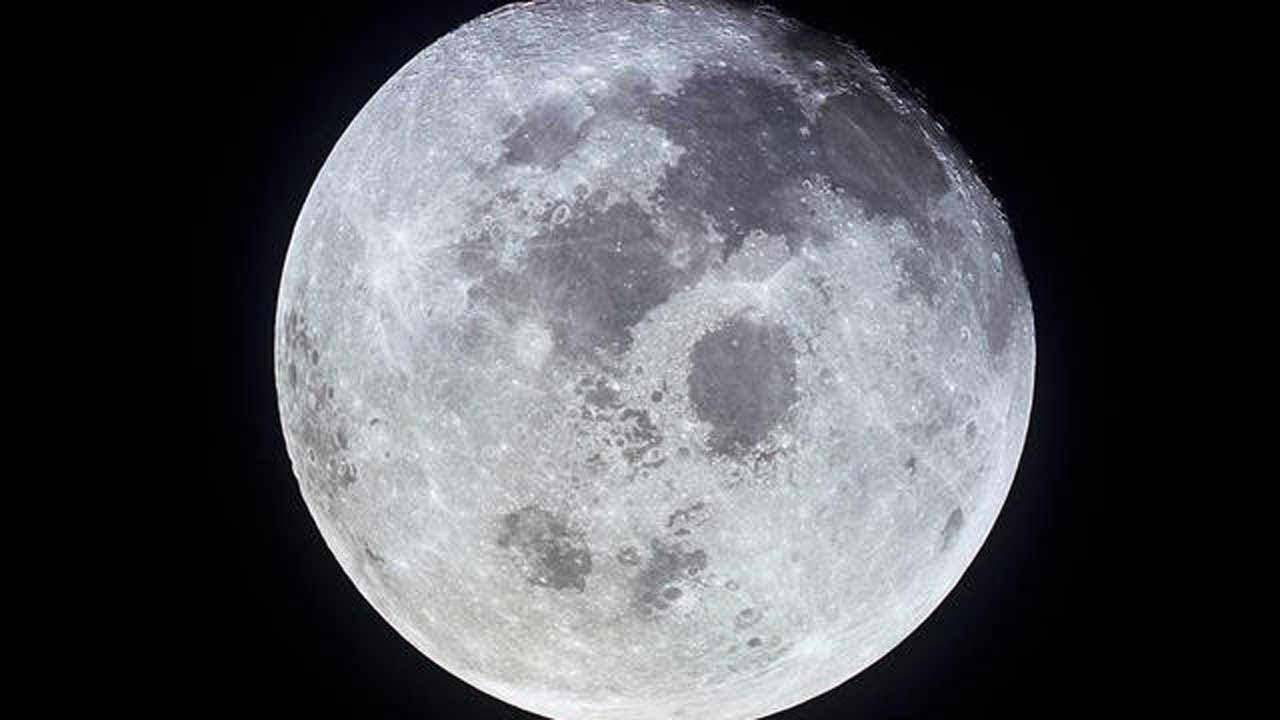The Final Full Moon Of The Decade Will Light Up The Sky At 12:12 A.M. On 12/12
December's full moon is marking the end of the decade in a unique way. It will reach peak fullness at 12:12 a.m. Eastern time on the 12th day of the 12th month of the year, according to NASA. The full moon each December is sometimes known as the "Cold MooWednesday, December 11th 2019, 5:05 pm
December's full moon is marking the end of the decade in a unique way. It will reach peak fullness at 12:12 a.m. Eastern time on the 12th day of the 12th month of the year, according to NASA.
The full moon each December is sometimes known as the "Cold Moon," appearing as the northern hemisphere enters its coldest months of the year.
According to the Farmer's Almanac, the Algonquin tribes in the northern and eastern United States first named December's full moon the Cold Moon. It's also been called the Long Night Moon by Europeans because of its proximity to the winter solstice — the longest night of the year.
Other names include the Oak Moon (Europe), Moon before Yule (Europe), Uduvapa Poya (Sri Lanka), the Karthikai Deepam Moon (Tamil Nadu, Sri Lanka, and Kerala) and the Chang'e Moon (China).
The moon will be fully visible just after midnight Thursday morning, appearing "opposite" the sun — in Earth-based longitude — at 12:12 a.m. Eastern Standard Time on 12/12. Fans of numerology may equate the timing to harmony and completion as the decade comes to a close.
Over the course of the night, NASA points out it will also be possible to see five different planets. Looking southwest, Jupiter will be visible just after sunset, followed by Venus, the brightest planet in the sky, as twilight ends.
Saturn will appear less than two degrees away from Venus, a phenomenon called conjunction, or a planetary "kiss." As morning twilight begins, Mercury will appear just above the horizon, followed by Mars.
If you aren't able to run outside to see the bright, full moon at midnight, it will still appear full through Friday morning, just before the peak of the Geminid meteor shower. The next full moon, the Wolf Moon, will be back on January 10.
First published on December 11, 2019 / 3:10 PM
© 2019 CBS Interactive Inc. All Rights Reserved.
More Like This
December 11th, 2019
November 13th, 2024
October 28th, 2024
October 17th, 2024
Top Headlines
December 21st, 2024
December 21st, 2024
December 21st, 2024
December 21st, 2024









